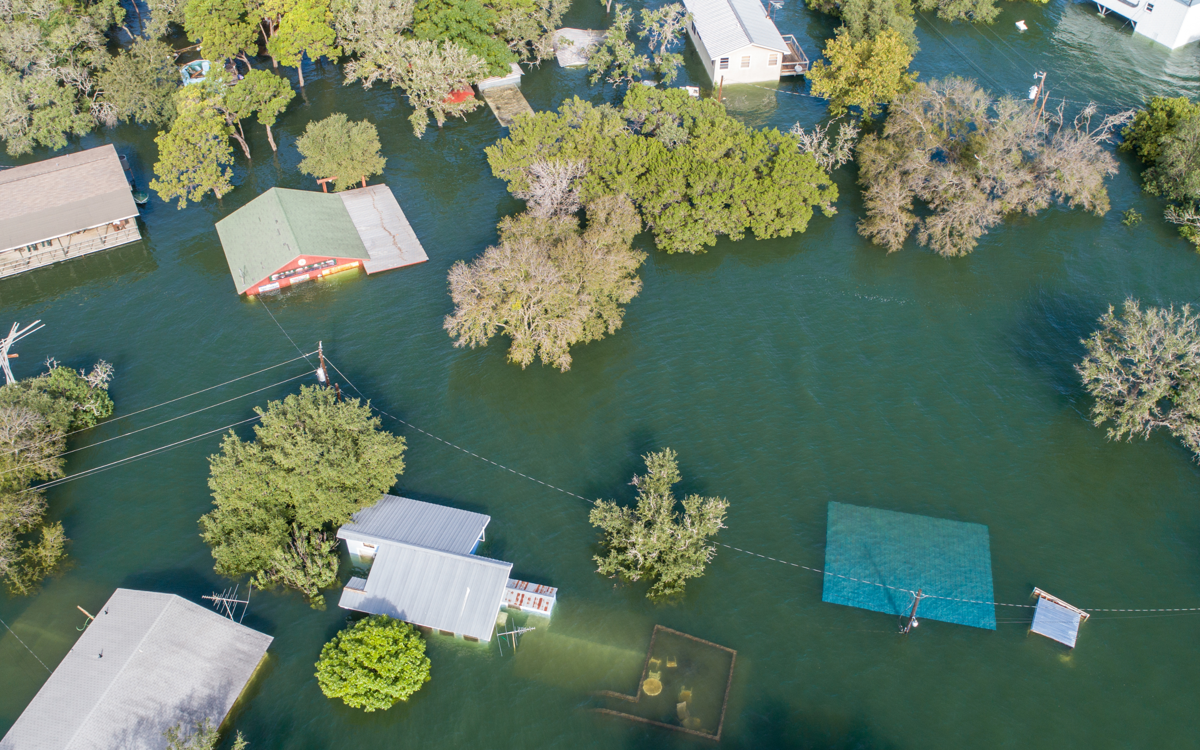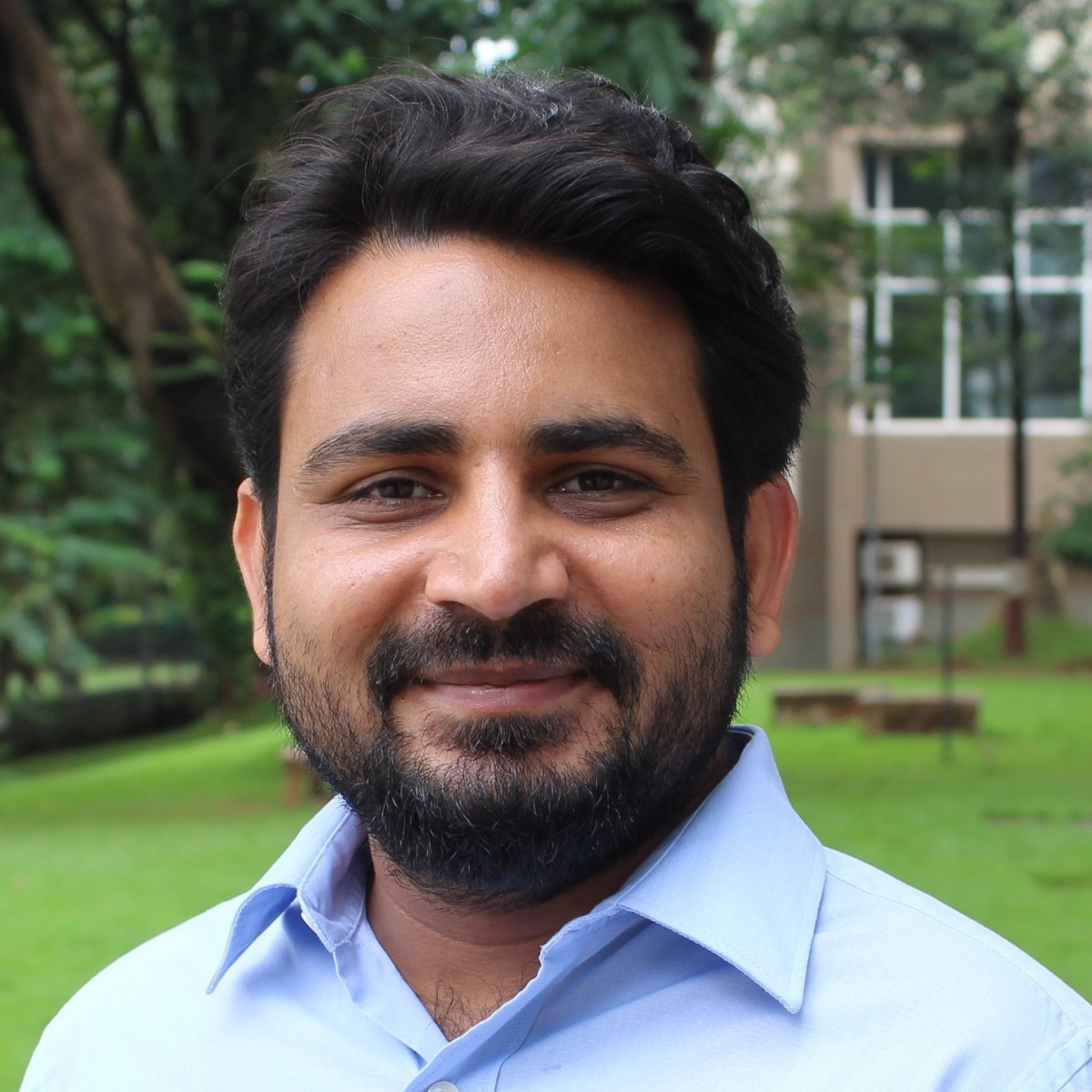

Dr Ravinder Dhiman
After completing a PhD in science-policy instrument for the planning of coastal urban regions, Ravinder Dhiman joined Tata Institute of Social Sciences, Mumbai, India as an assistant professor at the Centre for Geo Informatics, Jamsetji Tata School of Disaster Studies (JTSDS). Ravinder delivered a presentation on ‘Disasters and technology: Science-policy and society interface’ at the ACU Summer School 2021.
Disaster management is not simple. Emergency managers, researchers, administrative agencies, and policy-makers frequently deal with disasters where no problem is the same – they vary widely in terms of type, scale, intensity, physical geography, and impact.
Given the variables at play in any one disaster, it is challenging for academics to provide solutions and training from one discipline. Instead, recent transdisciplinary recommendations at national and international levels, and research programmes such as those at JTSDS, have proven significantly impactful in addressing such challenges.
It has been over a year since I first joined a highly interdisciplinary team of researchers and academics at JTSDS. Since then, I have evolved every day in improving my teaching and research philosophy, and in developing integrated geospatial solutions (IGS’s) in the context of disaster management.
IGS's are unique solutions for complex problems. They bring technology and research together by collating relevant geocoded data from multiple sources into a central knowledge-base. This helps relevant models to shed vital insights into local indicators, which informs local, tangible and impactful solutions and support for disaster management.
For instance, the main output (product-based) of my PhD thesis was a Coastal Area Index (CAI), which objectively classifies the coastal areas in India into distinct categories. This addressed the shortcomings of existing decision-making frameworks, which lacked scientific rationale, and improved the decision-making capacity for policy-makers for efficient planning of coastal regions.
Understanding the science, technology and policy gap
To make research impactful beyond academia, we need to bridge the gap between science, policy and technology. I chair the Centre for Geo Informatics at JTSDS – a one of its kind centre with technical geospatial analysis capabilities in a social science institute. At the centre, we have state-of-the-art Integrated Geospatial Solution (IGS) laboratory infrastructure to provide training and research for students from different academic backgrounds.
The research focus at the lab is to develop efficient science-policy instruments for decision-makers. The science-policy gap has been widely acknowledged in literature in the field of disaster management. We are working towards minimising that gap through the development of IGS's, as well as incorporating features of the recently approved New Education Policy 2020 and liberalised geospatial data policy in India.
JTSDS is also progressing transdisciplinary higher education and science-policy oriented research in disaster management through research, short-term training and a master’s programme. This master’s programme is unique in India, considering the expert faculties from transdisciplinary backgrounds, blend of students from social science and engineering backgrounds, and the programme structure which includes field-based internships, course work, international roundtable conferences, solution-oriented research training and exposure to on-field interventions during various phases of disasters.
Instilling transdisciplinary approaches to disaster management at local level
The team at JTSDS – including faculty and students - have been actively involved in disaster management related activities during many reported disasters in the vicinity of the university at regional and national scales.
During such times, the programme is rescheduled in an agile manner to prioritise providing on-ground assistance to the affected community. The faculties also provide advocacy to central and state agencies whenever and wherever required. Recently JTSDS has shared insights and suggestions on flood-affected areas and disaster risk reduction during urban development in coastal cities with associated stakeholders.
Some ongoing research activities also prioritise climate induced disasters, for example: flood risk and adaptation in Indian coastal cities, sea level risk assessment along Indian coastal cities, climate change driven flood-risk assessment at community level and the impact of natural disasters and risk reduction on marginalised communities.
It is promising to see a growing paradigm shift in the domain of disaster management in which students from engineering and core social science backgrounds are now coming forward to opt for transdisciplinary research. I see this as a hope towards practical advances in the science-policy realm.

